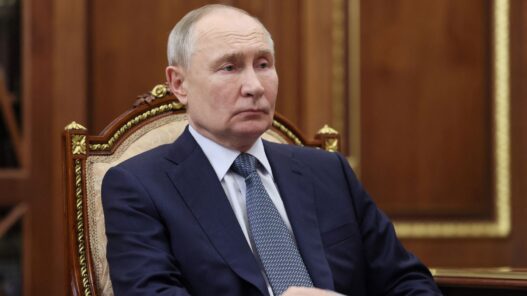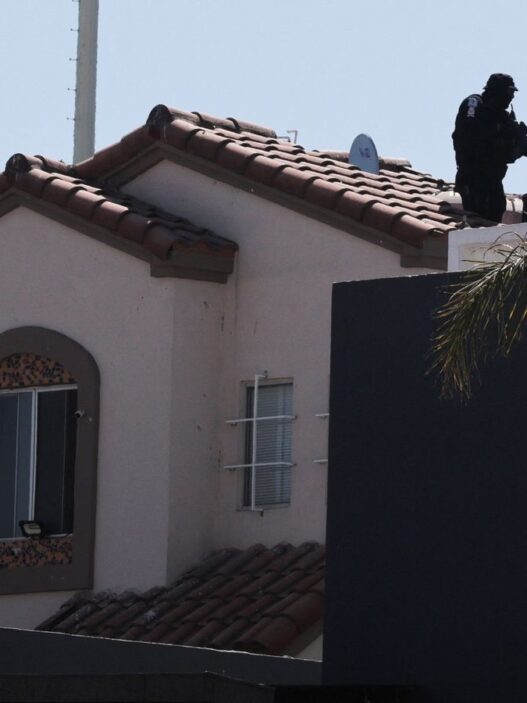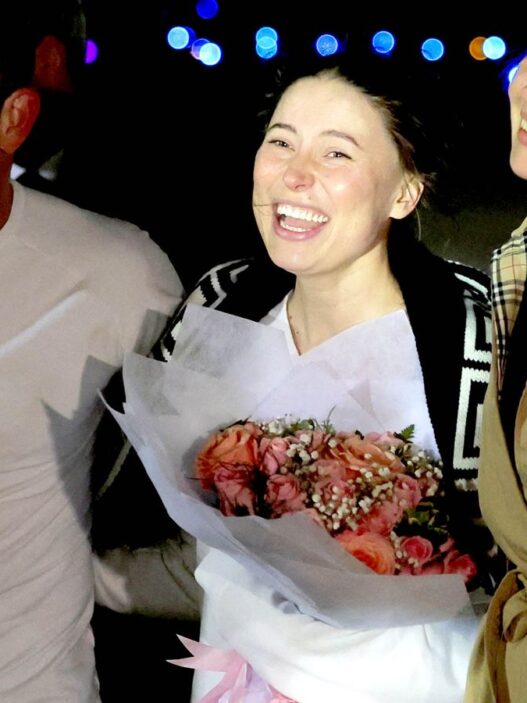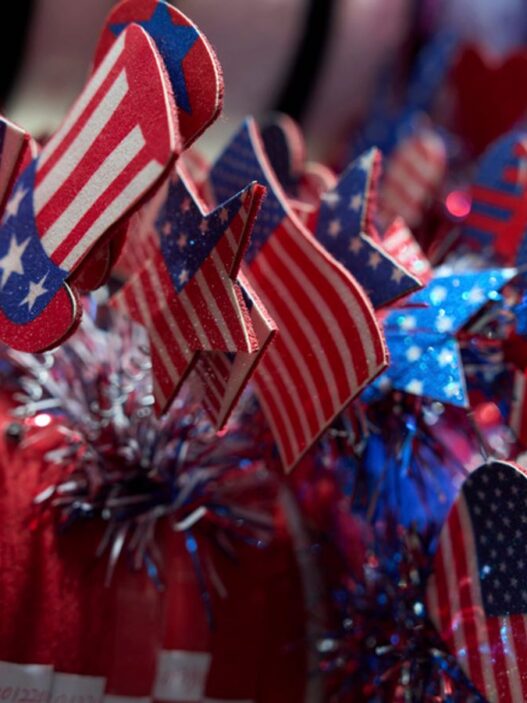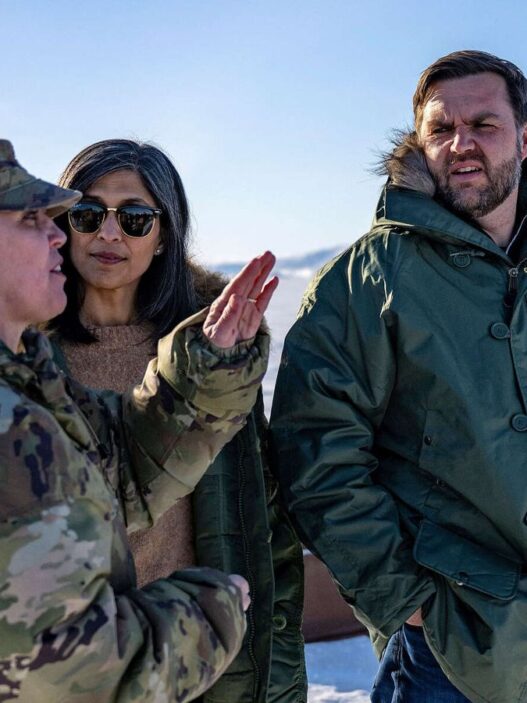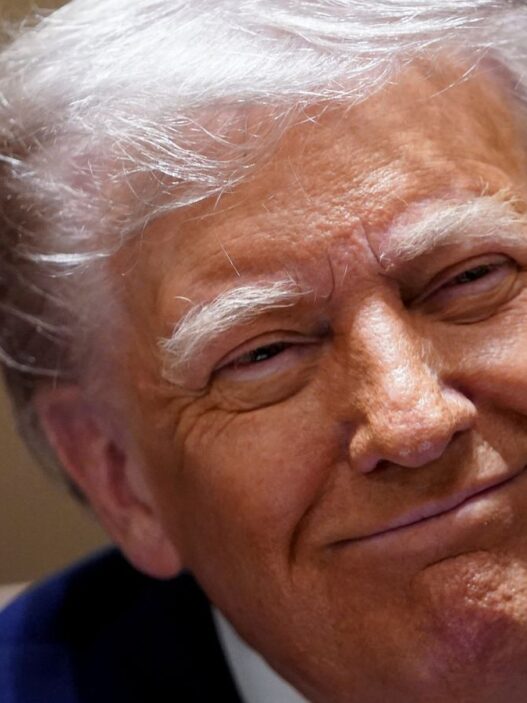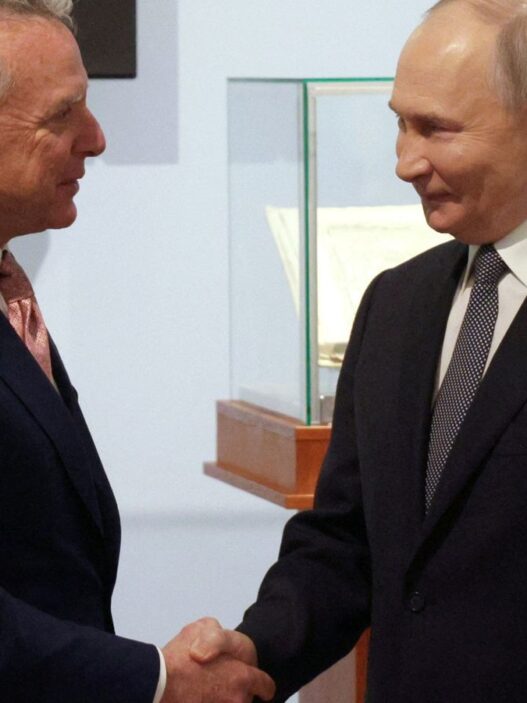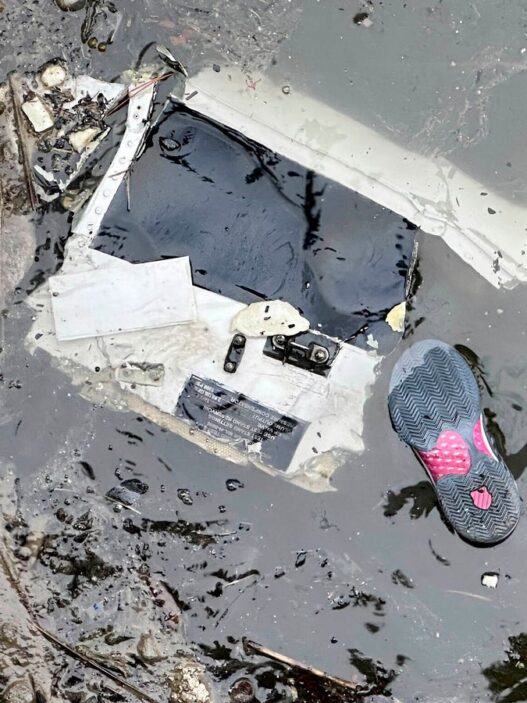The latest US-Russia prisoner swap is a further sign of the thawing relations between Moscow and Washington, but I think it’s also an indication of how slow things are moving.
Rewind two months to 11 February and you might remember there was another prisoner swap.
Out of the blue, 63-year-old American schoolteacher Marc Fogel, who had been imprisoned in Russia on drug smuggling charges, was suddenly released and on his way home to the US.
Ukraine war latest: Kremlin rejects Zelenskyy’s China claim
It was part of a deal that had been secured following a secret trip to Moscow by US envoy Steve Witkoff, in what marked the first sign of movement towards a peace deal in Ukraine.
Donald Trump said it “could be a big, important part” of ending the conflict and that it was a show of good faith from the Russians.
It also marked the first sign of rapprochement between the White House and the Kremlin.
Since then, there have been various face-to-face meetings between the two sides, at various levels.
There have been at least two phone calls between Trump and Vladimir Putin. We’ve had talk of sanctions relief, business deals and the resumption of direct flights.
But despite the talk, it’s just that. Talk. There’s still nothing concrete, much to Trump’s frustration it seems.
The latest round of US-Russia talks, in Istanbul today, is an example of the lack of progress.
Washington said the meeting would be solely focused on “embassy operations”.
That means issues such as paying salaries – which has become harder under sanctions – diplomat travel restrictions and the employment of external contractors including cleaners and gardeners (which Moscow currently forbids for the US mission here).
Read more:
Video of Chinese national in Ukraine sparks questions
Zelenskyy confirms new offensive in Russia
So for now, it’s still really basic stuff. As the US State Department said yesterday, Ukraine is “absolutely not on the agenda”.
What’s striking is that a peace deal appears conditional on the reset of relations, rather than the other way around. To me, that’s a sign that Russia is in the driving seat, and not the US.
Today’s prisoner exchange is part of all this. Like February’s swap, I think it’s a show of good will, and an attempt by Moscow to keep the Americans sweet, after Putin was accused of dragging his feet in negotiations.
It certainly shows Trump that the relationship is moving in the right direction. And on a personal level, for Ksenia Karelina – the Russian-American ballet dancer freed as part of the deal – and her family, it is a hugely significant moment.
But on the geopolitical level, these are still just crumbs Russia is offering, not the whole cake.

